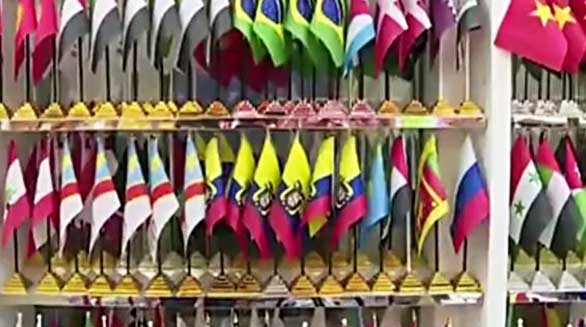政府采购法律与政策(六):俄罗斯
IV. Specifics of Government Procurement
A. Price of a Contract
It is estimated that about ? of the 2009 national budget was spent on contracts concluded on behalf of the Russian Federation government.[11]
Under Russian law, all prices for government contracts are fixed and defined in the contract at its conclusion. The correction of the contract price is allowed if:
Natural monopolies need to be compensated for inflation;
The government agency insists on changing the contract in order to increase the volume of works and services provided; and,
The execution of a long-term contract for the amount exceeding RUB 10 billion (US$300 million) is impossible without price change due to substantial increase in contract costs.
Advance payments cannot exceed 30% of the contract price, and the contractor must prove that he has secured funds to fulfill his contract obligations in the amount equal to 1/3 of the contract price. There is no requirement for a contractor to purchase breach of contract insurance.
According to the ruling of the Highest Commercial Court of the Russian Federation No. 24 of June 22, 2006,[12] the government procurement procedures are applicable in all cases where the contract price exceeds RUB 60,000 (approximately US$2,000). However, if the institution offering the contract is not an institution specifically authorized to award government contract and the services provided by a contract are aimed at securing normal functioning of this institution, and the amount of a contract is under RUB 200,000 (approximately US$7,000), it is not required to follow all the prescribed procurement procedures, and a regular contract based on provisions of the Civil Code and Budget Code can be concluded.
Amendments to the Law, which would allow increasing the amount of the contract price when offering contracts without conducting auctions or following the prescribed formalities, are presently under consideration of Russian legislators.[13]
B. Length and Execution of a Contract
The Budget Code of the Russian Federation provides for a three-year budget cycle. This allows agencies to enter into government contracts lasting for a three-year period. Contracts for implementing long-term federal government target programs can be concluded for the duration of these programs and are not limited to three years.
A contractor that has submitted a request for participation in an auction cannot refuse to accept the contract if the contract is subsequently awarded to him. If a contractor cannot perform the contracted work in full, part of the contract can be awarded to the contractor who was evaluated as being next in line.
C. Privileged Contractors
Organizations representing or employing handicapped persons and correctional institutions receive special priority in placing orders. These organizations may request an increase of up to 15% in the contract price.
The Law provides that no less than 15% of all government contracts must be awarded to small business enterprises.[14] This does not apply to contracts in the military and national security fields. As a rule, the requirement for small business participation is met through the organization of special auctions or calls for bids established exclusively for small businesses. According to the opinion of Russian experts, this measure excludes small businesses from competition for large projects outside of those which were preliminary selected by the government for distribution to small business.[15] It is not clear how this provision will be implemented through the participation of anonymous contractors in online auctions.
上一篇:政府采购法律与政策(五):日本
下一篇:促进中小企业参加政府采购
- 国家开放大学智慧校园移动学习基础环境建设项目公开招标公告
- 北京开放大学北京市民终身学习网(京学网)共享服务系统建设项目中标公告
- 重庆师范大学在线精品开放课程(视频拍摄及多媒体制作)服务澄清(项目编号=16C1580)
- 广西云龙招标有限公司2016年西部大开发、“一带一路”重点项目研究服务采购GXZC2016-G3-1321-GXYL中标公告
- 十字路口的苹果 又听到开放系统的呼声
- 北京石油化工学院改善办学保障条件—设备购置—新馆开放阅览功能区设备设施建设(新竣工配套)-开放阅览功能个性化定制非标设备2公开招标公告
- 北京石油化工学院改善办学保障条件—设备购置—新馆开放阅览功能区设备设施建设(新竣工配套)-开放阅览功能个性化定制非标设备1公开招标公告
- 关于广东开放大学教材仓库物流托管服务采购项目(招标编号:GDJY16112505FG055)采购文件的澄清
- 三方式四途径 政采市场开放透明
- 森赫电梯参加第三届中国-俄罗斯博览会













